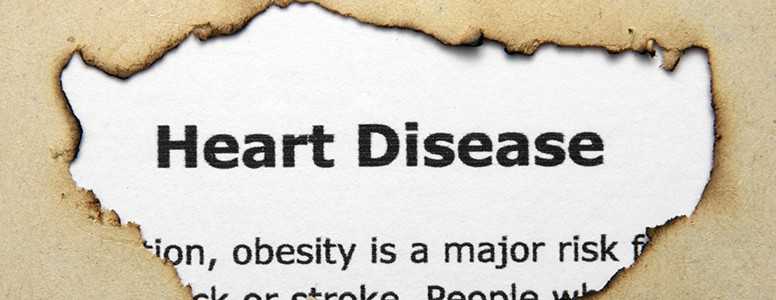Classical music could reduce blood pressure and lower the risk of heart disease, according to an unusual study.
The research, which was conducted at Oxford University, found that classical music with a repeated 10-second rhythm was capable of reducing blood pressure. The researchers identified a number of suitable pieces, including Va Pensiero by Giusuppe Verdi, Nessun Dorma by Giacomo Puccini, Beethoven’s 9th Symphony adagio, and Franz Schubert’s Ave Maria.
The researchers did not find the same benefits when they looked at other genres of music. In fact, many other genres increased blood pressure. Neither did the music have to be tailored to personal preference; regardless of what the participants claimed to like listening to, the effect on blood pressure was the same.
The news is of particular relevance to people with diabetes, who are more likely to develop heart disease. Studies suggest that as many as 80 per cent of people with diabetes die as a result of heart disease.
High blood pressure is also a common complication of diabetes, affecting every other person with diabetes. People with diabetes are urged to receive annual blood pressure checks.
The researchers analysed a range of studies that examine the effects of music on the heart. Armed with this information, they tested six different kinds of music on a small group of students. Slow classical music reduced heart rate, fast classical music had no effect, and fast popular music increased the heart rate.
The therapeutic potential of music has long been suspected, but properly controlled trials on the subject have been scarce.
“Music is already being used commercially as a calming therapy but this has happened independent of controlled studies into its effectiveness,” said study author Professor Peter Sleight, a cardiologist from the University of Oxford.
“Our research has provided improved understanding as to how music, particularly certain rhythms, can affect your heart and blood vessels.
“But further robust studies are needed, which could reduce scepticism of the real therapeutic role of music.”
Professor Jeremy Pearso, associate medical director at the British Heart Foundatio, said: “We know that stress can play a role in cardiovascular disease so the calming effect of music may have some potential as a therapy.
“However, as Professor Sleight points out, more robust evidence is needed before we see cardiologists prescribing a dose of Taylor Swift or 30 minutes of Vivaldi a day.”
What's new on the forum? 
Get our free newsletters
Stay up to date with the latest news, research and breakthroughs.




